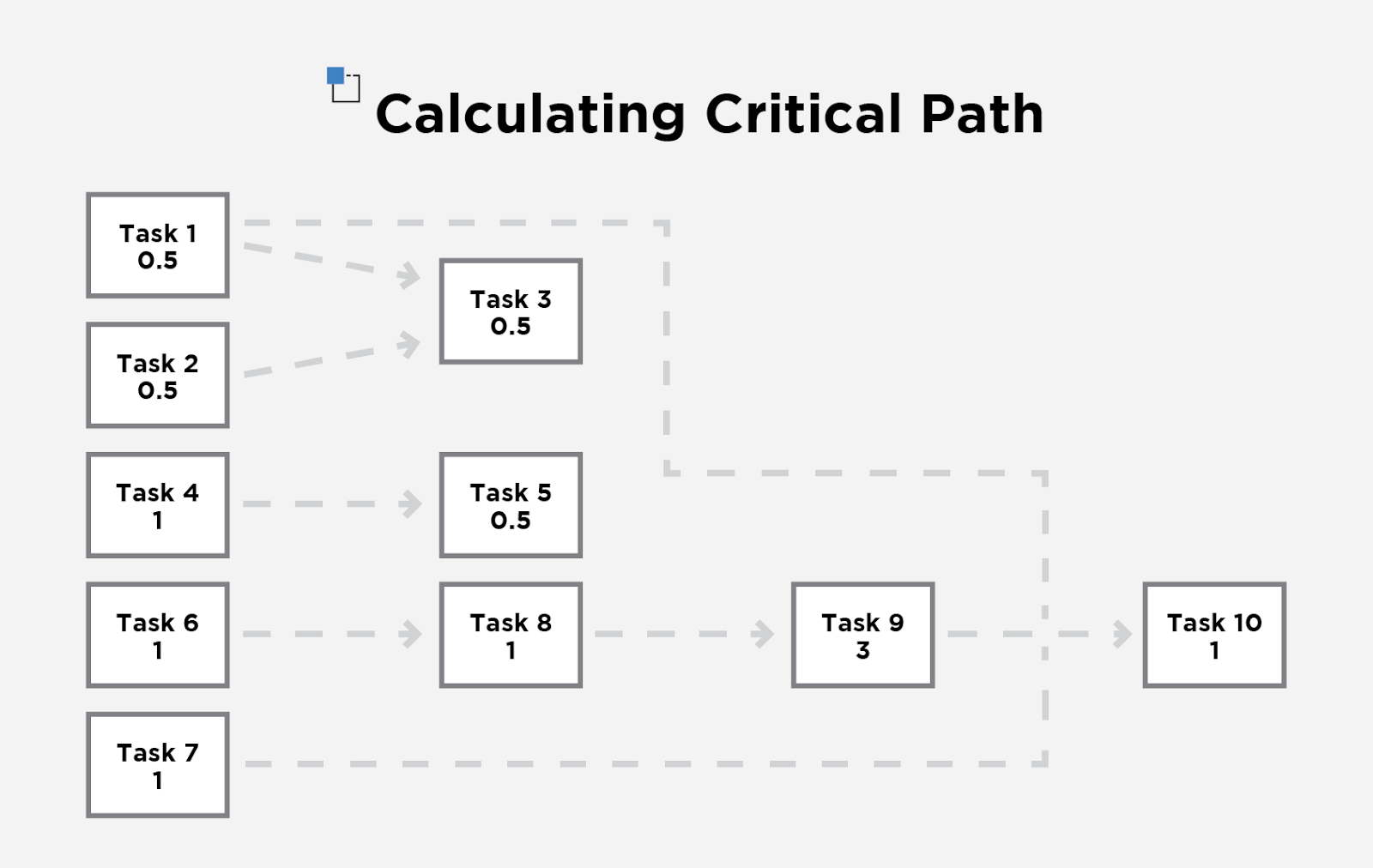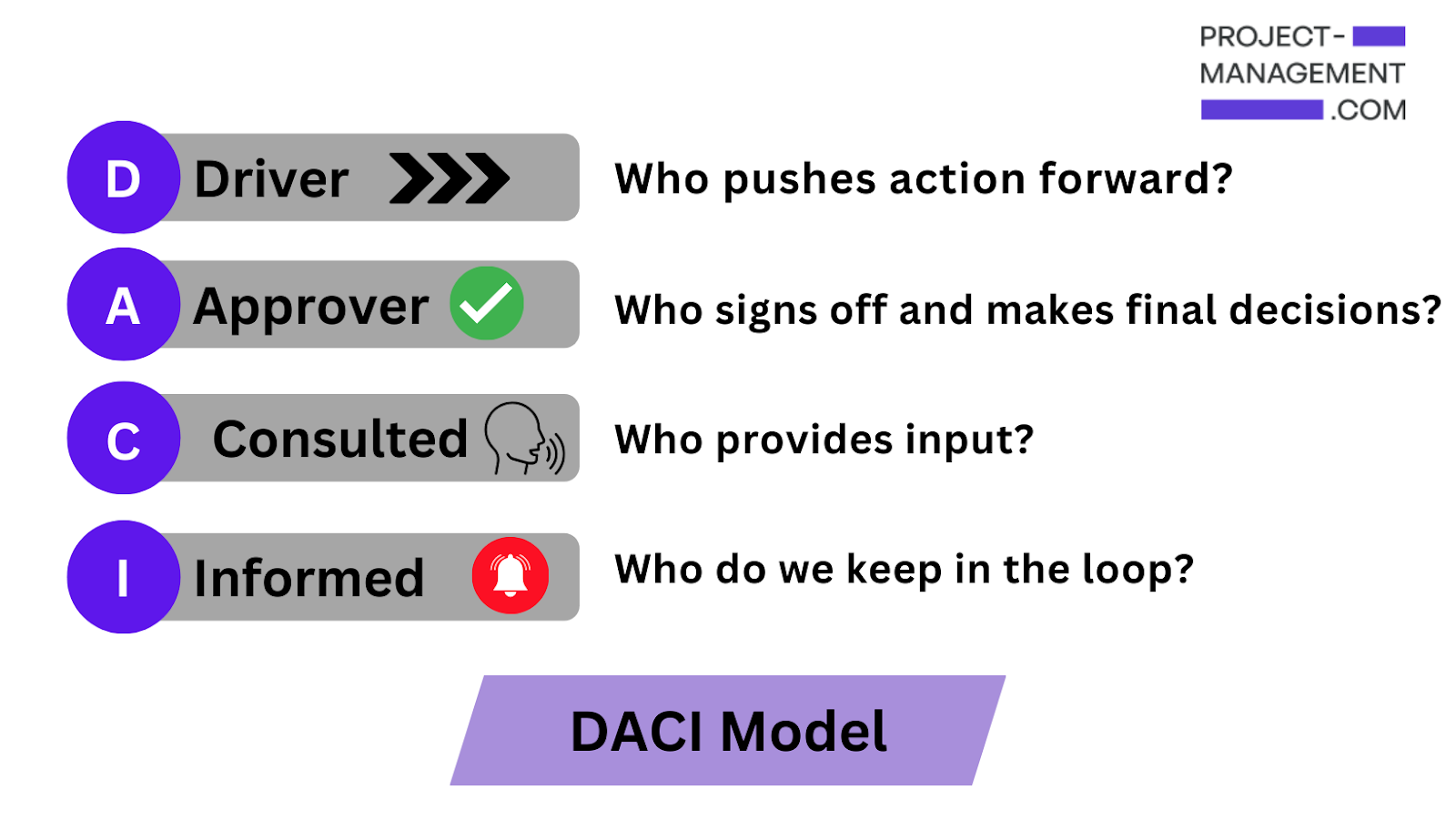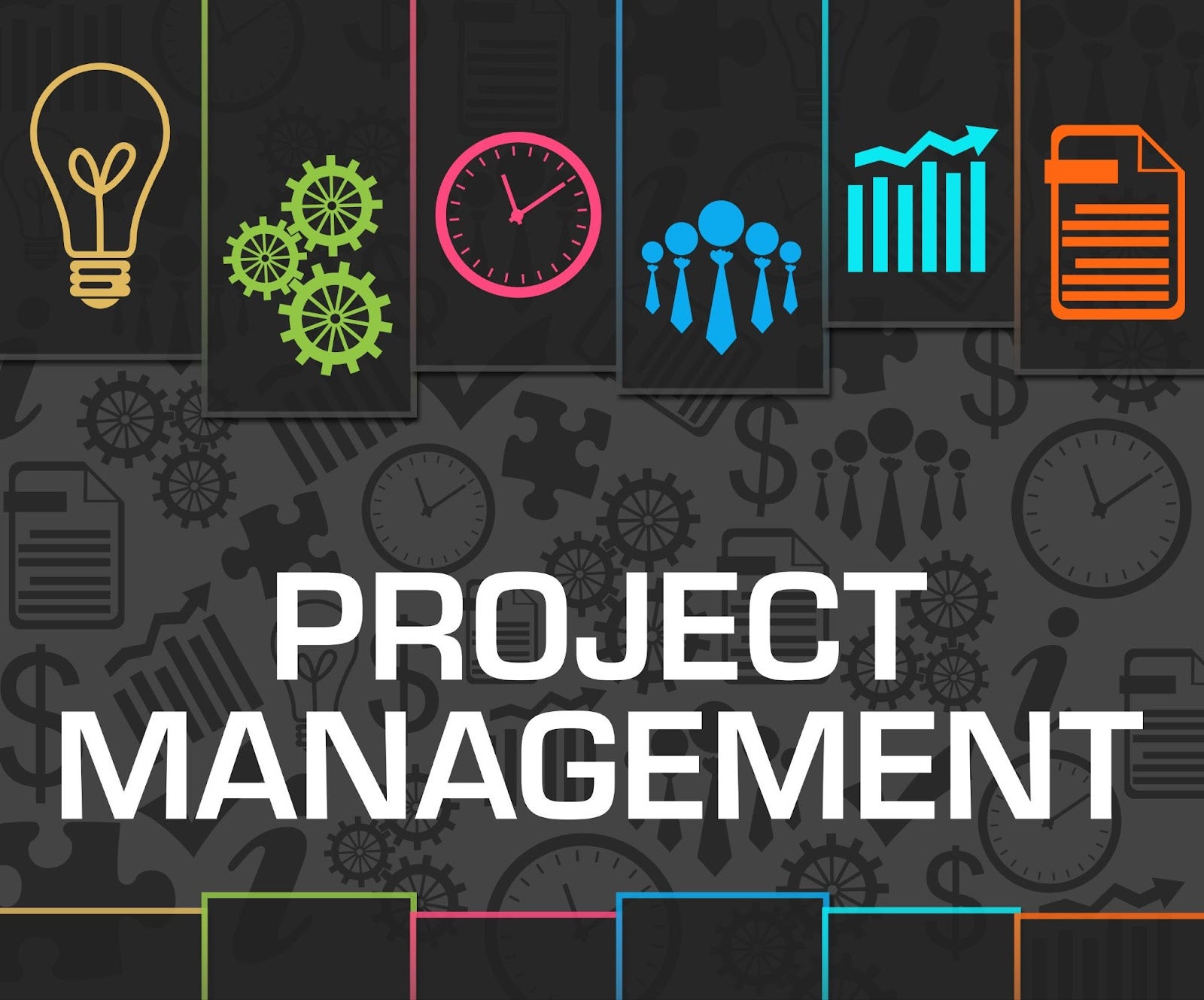Projects are endeavors that seek to add value to clients and communities. Solutions aren’t always straightforward. By addressing one aspect, other factors can be affected. To ensure that project teams put their efforts toward the most impactful endeavors,
business analysts help evaluate a client’s needs from all angles. Based on these pieces of information, they work with project teams to determine their direction, project feasibility, and scope.
Read more: 11 Opportunities for Your Project Management Career Path
What Is a Business Analyst?
Business analysts are professionals who are hired to investigate a business’s products, pipeline, structure, and direction to find solutions and optimizations. They facilitate data-gathering and use it to develop proposals to help improve performance and productivity.
Business Analyst Skills
Research Skills
Data is the foundation of every decision for a business analyst. Relevant information may be readily available through previous documentation. But more often than not, data has to be extracted from key persons through various methods.
Research skills include gathering and qualifying sources; extracting information from interviews, experiments, or existing records; and consolidating this into relevant resources.
Analytical Skills
Analysis is the next step to research. After gathering data points, a business analyst pores through them and tries to look for trends and implications.
To understand a problem, it has to be assessed from several angles. Looking into massive amounts of data and seeing how it can be used to better companies and communities is a very important skill for business analysts.
Communication
While a business analyst specializes in finding solutions, execution may fall into the hands of a different group. Project teams will be counting on business analysts to help stakeholders understand the situation and why the solution is worth investing in. Project teams will align on the business’s major priorities.
Because of this, business analysts need to be able to communicate their findings and recommendations effectively.
Planning & Organization
Solutions are often overwhelming to carry out. For them to be actionable, the direction should be clear and specific. This emphasizes the need for business analysts to plan and organize. Good planning and organization can help make big endeavors more actionable. This can help both project teams and stakeholders push forward confidently.
Entrepreneurial Insight
For business analysts to develop a comprehensive understanding of a company’s problems and provide holistic solutions, they have to be equipped with business know-how.
Entrepreneurial skills include marketing, business development, operations, administration, hiring, etc. A good grasp of how these departments work will help the analyst propose practical solutions the teams can smoothly implement.
Technical Knowledge
Several tools have been created to
help business analysts research and brainstorm throughout the years. These tools include but are not limited to the
SWOT Analysis, Porter’s Five Forces, PESTLE Analysis, MOST Analysis.
Business analysts will need knowledge of these frameworks, so they can streamline their workflow and yield valuable insights.
Read more: What Is a Project Coordinator? Job Description, Skills & Salary
How Much Does a Business Analyst Earn?
According to
Indeed, a business analyst’s base salary in the United States is around $76,000 per year for those with around one to two years of experience. A business analyst’s compensation can go as high as $85,000 for those with over 10 years of experience.
Business Analyst Roles in Project Management
Identifying Relevant Areas of Improvement
Business analysts need to identify problems to help businesses achieve their goals and objectives. This way, stakeholders would understand why it’s important to support a project. It will also give project teams clarity, so they know what they’re trying to accomplish.
Investigating Project Implications
Changes may have positive and negative impacts at the same time. For example, improving bike lanes for busy roads will result in fewer cars being able to pass. However, it could also encourage more people to take public transportation, or choose active transport. This can help improve air quality and allow more people to travel with ease and economy.
Sometimes, solutions require tradeoffs. Business analysts help stakeholders understand all the implications of a project to make informed decisions.
Evaluating Feasibility of Project Goals
Aligning expectations is important for project teams and stakeholders. Success indicators should be clear.
Business analysts advise on the realistic impact of projects. This helps protect project teams from
scope creep. Clarifying the limitations of a project to stakeholders can save a lot of trouble in the long run.
Optimization of Project Objectives
Business analysts can help project teams set their sights on the most impactful objectives by getting to the bottom of an organization’s problems. This can help project managers prioritize their team’s focus and resources.
Conclusion
Business analysts help organizations identify areas of improvement and develop innovative solutions. This allows project teams to evaluate the project’s feasibility and identify their projects’ most important objectives in order to make the best impact for their clients.





